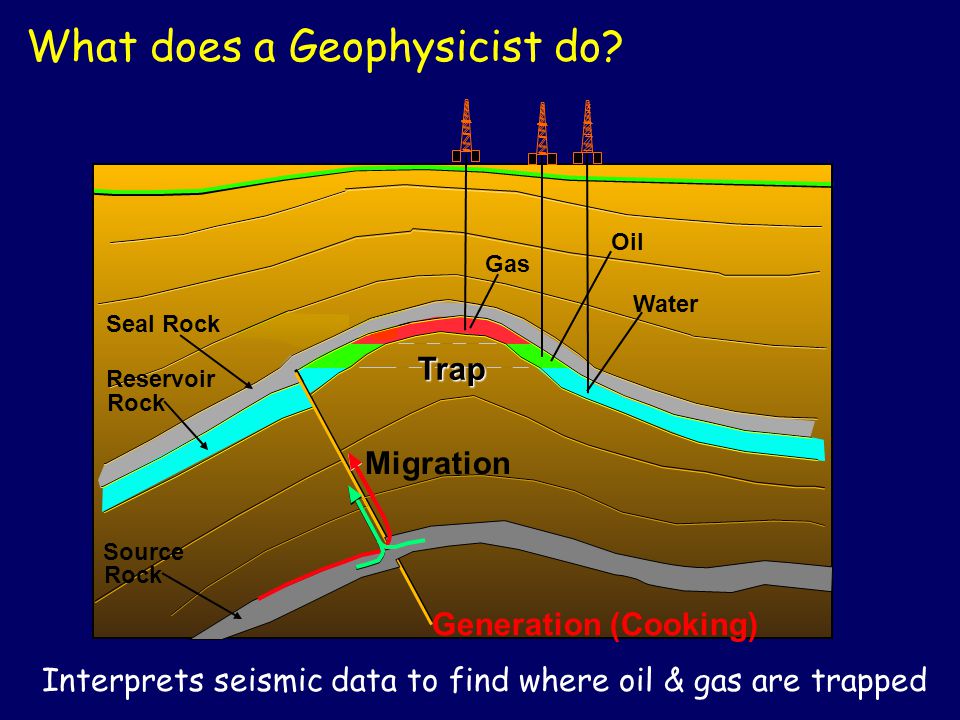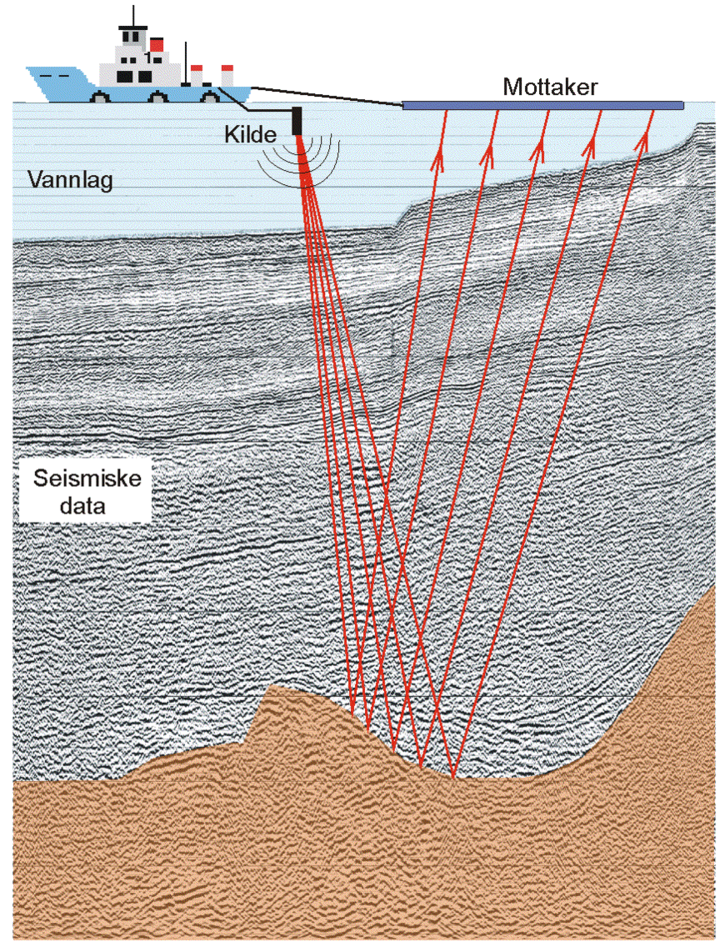All Categories
Featured
Table of Contents
Geologists And Geophysicists in Manning Aus 2023
This work is progressively contracted out, so consultancies provide another source of work. Consultancy firms differ in size, from extremely little business to large multinationals. Some consultancies are rather specialised in utilizing particular geophysical techniques or operating in specific locations, while others offer a more diverse range of services to their consumers.
The extraction of gas from land fill websites is another area of employment and this may grow in the future. Exploration business may undertake work for building companies, water companies, mining business and ecological firms, so geophysicists might be used in any of these settings. Other employers include: geological surveysgovernment bodies and agenciesuniversities and research study institutes.


Jobs may be noted in the oil and gas sector press. Recruitment is affected by oil cost variations and the level of competition for positions varies depending upon this. Careers Days, which cover the complete range of geoscience professions and are typically attended by a number of essential market employers, are run by The Geological Society.
Geophysicists in Walliston Western Australia 2023
Some of the big oil and gas business provide a complete two-year structured training program across the breadth of geophysics, including the opportunity to experience operate in numerous teams before specialising in one area. Your training might consist of work on: existing wellsmagnetic and gravitational prospective field data analysisresearchrock analysis. It's more normal for your initial training to be provided on the job.

There might be a probationary duration during which you work together with a skilled colleague. Competency-based appraisals take location routinely in many firms. In smaller sized firms, and for scholastic posts, there is not likely to be any formal training - you'll be anticipated to start work straightaway and choose up skills as you go along.
If you work for a smaller business, you may find that you require to take responsibility for organizing and funding your own advancement and training. If you have a geology degree, subscription of The Geological Society can be useful for networking and for maintaining to date with the industry.
Geophysical Survey - Archaeological Research in Roleystone WA 2021
You might also discover it useful to join the PESGB (The Petroleum Expedition Society of Great Britain, which has a geophysics special interest group. After a probationary duration, and once you've acquired some experience, you might advance to senior geophysicist, then group leader and after that into a senior function in management.
The ease of movement in between roles depends on the business structure. Study at Masters or Ph, D level in a subject associated to geophysics or geosciences might aid with your career development and development. The employment market within the oil and gas industry is really depending on cost and this may impact your opportunities for profession progression.
For knowledgeable geophysicists, freelance consultancy uses a great route for career advancement. As a geophysicist, you're likely to have numerous tasks throughout your working life.
Geophysicist in Darlington WA 2023
From geophysics, it's possible to focus on seismology (finishing more training to become a seismic interpreter) or to move into associated areas such as engineering geology or risk prediction.
Deciding what to study in college is a hard choice. Even if you know that your field of interest lies in science, what program of research study is ideal for you?
But the initial step to attaining your goal of becoming a geophysicist is earning a degree. Even for entry-level positions in the field of geoscience, you'll need a bachelor's degree (a geophysicist college degree) from an accredited college or university. Some research study positions need prospects to hold master's degrees or even Ph.
Geophysical Consulting in Kingsley Australia 2020
Doctoral degrees are specifically important if you plan to teach at a four-year institution. Geophysicists apply physics ideas and methods to study the gravitational, magnetic, and electric fields of the earth. This advances scientists' understanding of both the world's interior core and its surface. Geophysicists should be able to: examine rocks, pictures, and other pieces of information conduct research both in the field and in labs develop maps and charts of their findings compose reports To achieve all this, trainees require a specialized education for geophysicist professions.
As stated above, you'll need a bachelor's degree in geoscience or a related discipline, such as a physical science or a natural science, to land an entry-level job. Students can also prepare by majoring in topics like: Biology Chemistry Computer system science Engineering Mathematics Physics The above geophysicist majors provide a more generalized method to a single scientific discipline, but many programs require students to take one or more geology course.
Table of Contents
Latest Posts
Airborne Geophysical Survey in Hocking Aus 2023
Geophysical Survey Services - Geophysical Test Methods in Karrinyup Australia 2020
Geophysicist: Job Description, Duties And Requirements in The Vines Aus 2020
More
Latest Posts
Airborne Geophysical Survey in Hocking Aus 2023
Geophysical Survey Services - Geophysical Test Methods in Karrinyup Australia 2020
Geophysicist: Job Description, Duties And Requirements in The Vines Aus 2020